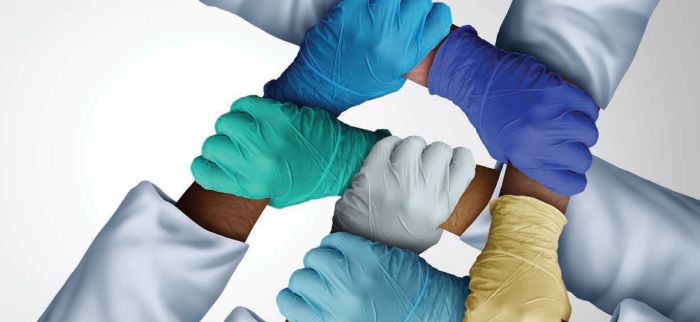
Music therapy holds the potential to offer more than just auditory enjoyment to individuals recovering from strokes. It can:
- Enhance balance, gait, speech, memory, attention, and concentration.
- Assist in coordinating motor movement for those with muscle control challenges.
- Promote spontaneous movement in ways that might not occur through conscious effort alone. Stroke often affects executive function, which involves planning and executing tasks. Engaging the affected side, such as playing a keyboard, acknowledges its presence and heightens the likelihood of voluntary movement on that side.
- Amplify focus, compensating for lost cognitive function due to brain injury, thereby aiding in the execution of a series of actions.
- Embrace singing. Even if verbal communication is challenging, singing might still be possible. Singing and speech share similar mechanisms, allowing skills utilized in singing words to transition to regular speech. Familiar, predictable, or childhood songs could prove easier to sing.
- Elevate the volume. In the realm of music therapy, an array of instruments can be employed, with digital ones holding particular efficacy due to their adjustable output levels. For instance, raising the volume on digital drums permits better auditory perception.
Whether engaged in playing, singing, listening, or composing, music therapy has the potential to provide meaningful benefits to stroke survivors.



